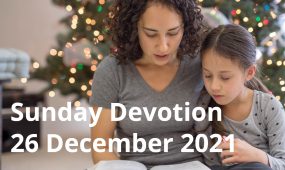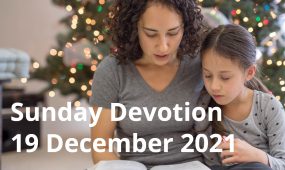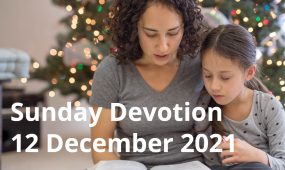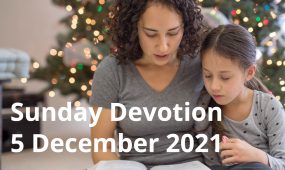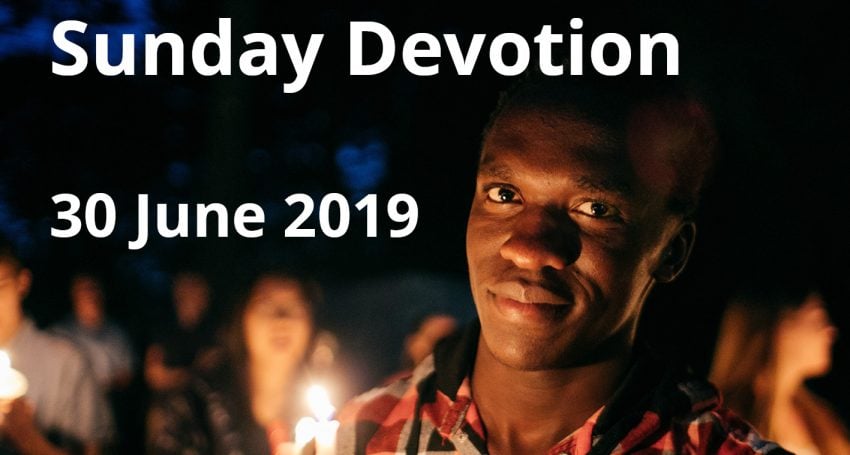
Main Readings: 2 Kings 2.1-2, 6-14; Psalm 77.1-2, 11-20; Galatians 5.1, 13-25; Luke 9.51-62 [1 Kings 19.15-16, 19-21; Psalm 16]
Supplementary Readings: Psalm 17; Revelation 5.6-14; Ecclesiastes 3.9-22; Psalm 16; Luke 9.1-11
“Jesus said to him, ‘No one who puts a hand to the plow and looks back is fit for the kingdom of God.’” (Luke 9.62)
I have high hopes for my children’s future driving ability. They spot every imperfection in my driving technique: “eyes on the road”, “both hands on the wheel”. The imagery of the farmer looking back from the plow and digging a crooked furrow has its modern equivalent in “eyes on the road”. Of course, my children are right; to look back from the driver’s seat inevitably results in steering off course.
Advertisement
In the reading from Luke, Jesus speaks about the implications of following him. He says to let go of the past, leave the comforts of home and move into the future. If you look backwards and do not keep your eyes on the plow, or the road, you will swerve one way or another.
A popular church metaphor is that of the people of God on pilgrimage. As followers of Jesus, the disciples would become both nomads, travelling all over with no fixed home, living in often hostile circumstances, and pilgrims who know their final destination is with God.
With the advent of driverless cars, my children may not have to drive at all. Any manner of things will distract and entertain them as the car just takes them on their way. As followers of Jesus, we may have a definite destination, but our nomadic minds can travel all over as we go. We still need to keep our eyes on the road as we roam, and continue to engage in God’s mission. What will we say when asked what God is doing in that nomadic part of our lives?

